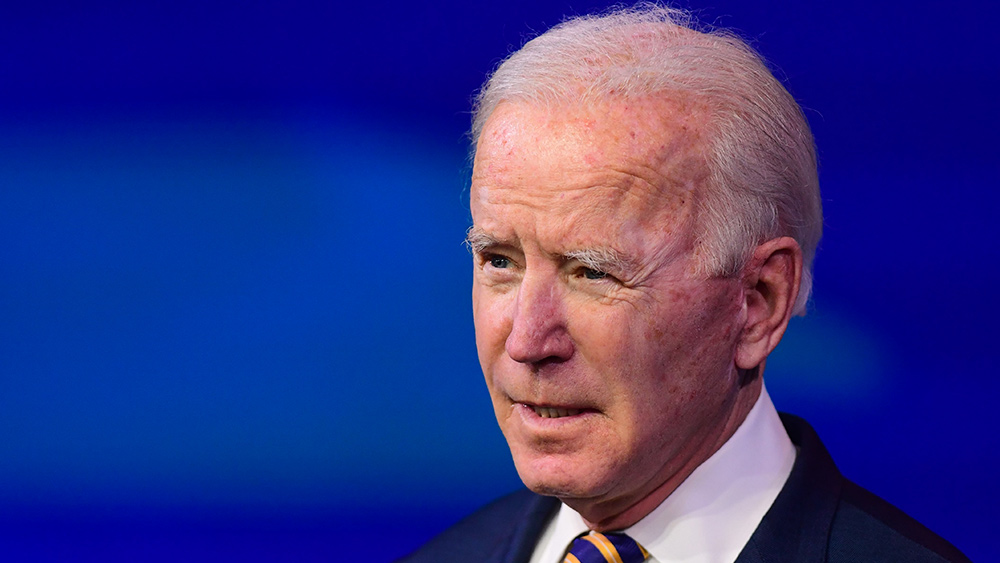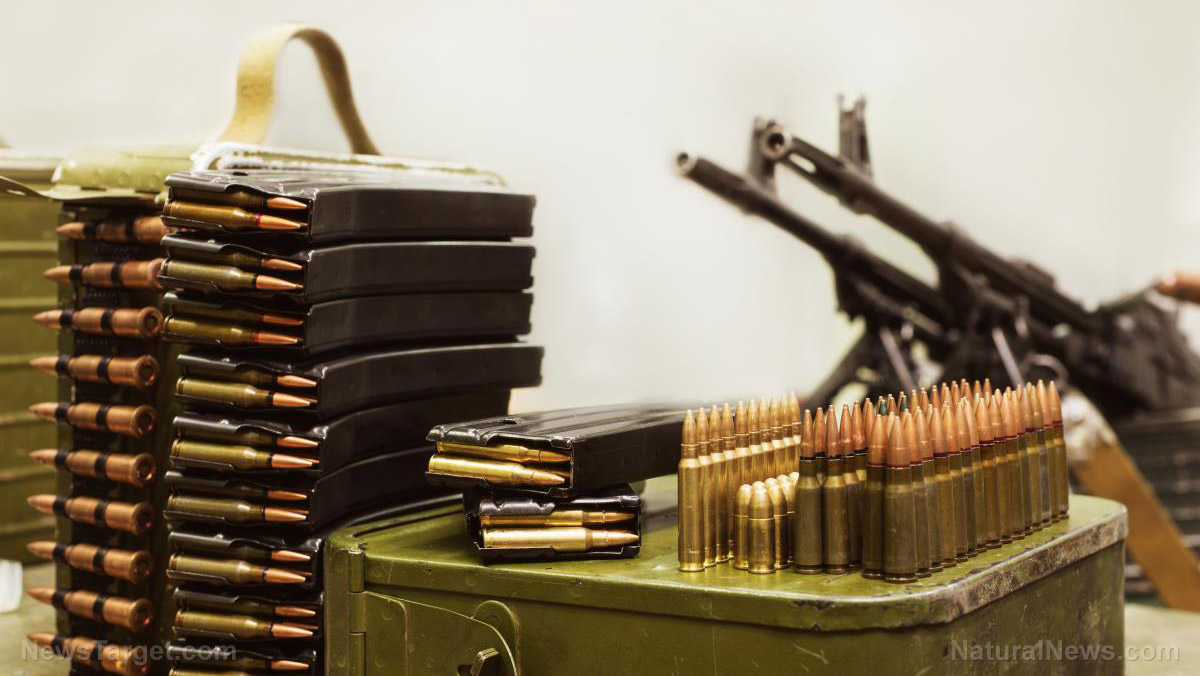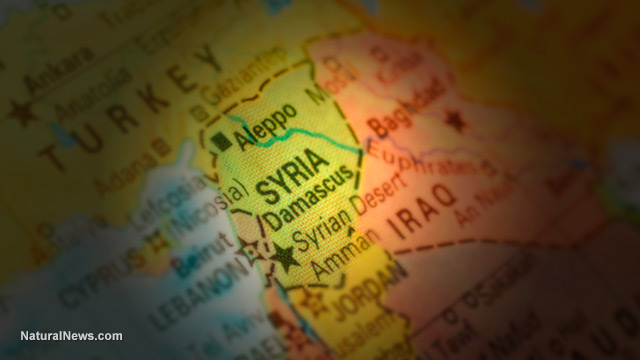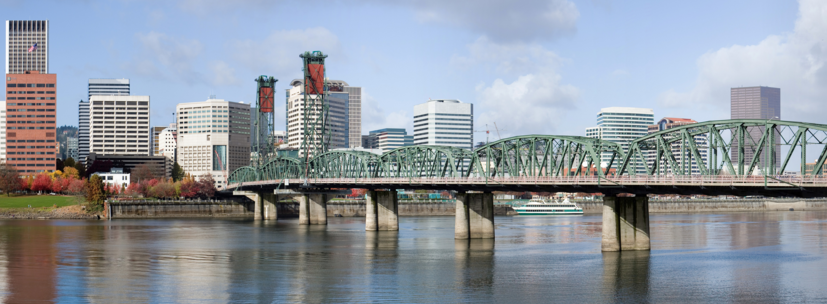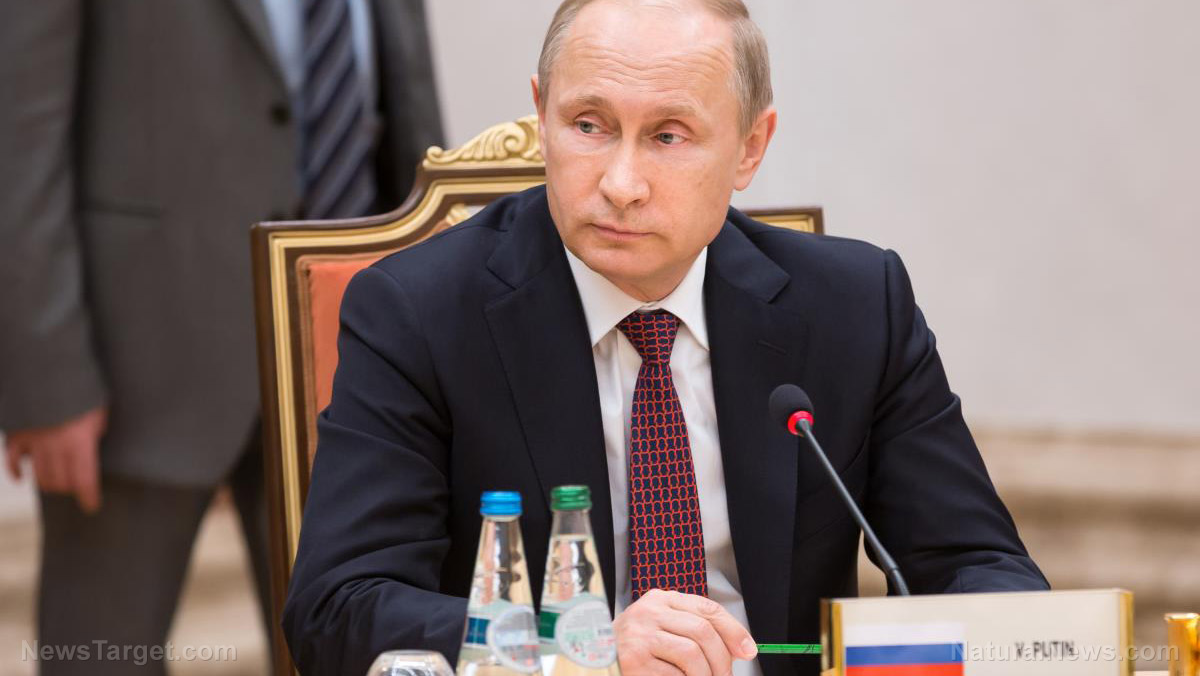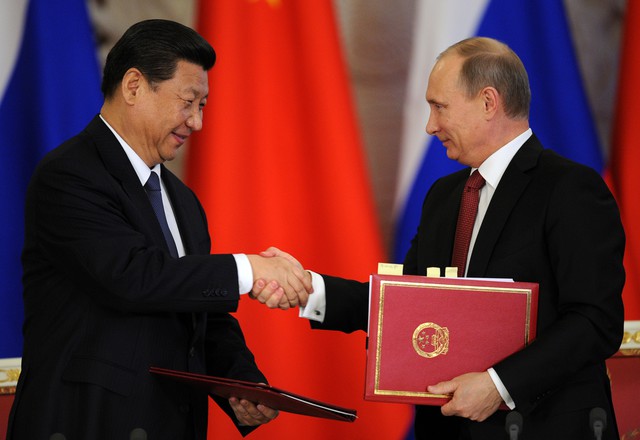WWII main players Germany and Japan gearing up for global war
03/29/2023 / By Kevin Hughes
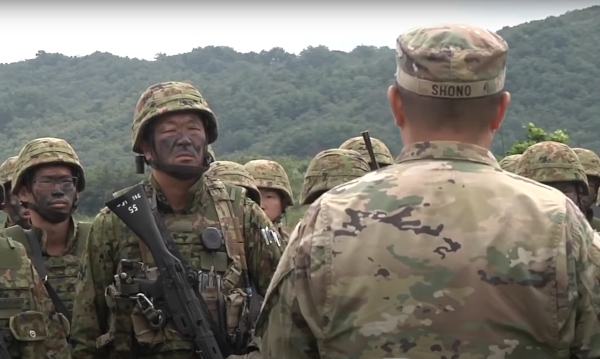
Germany and Japan are taking their military preparedness to a whole new level amid Russia’s ongoing special military operations in Ukraine and China’s threat of invading Taiwan.
Back in February 2022, German Chancellor Olaf Scholz vowed to utilize a fund of €100 billion ($108.36 billion) to strengthen Germany’s military forces and to drive the nation’s military budget over the two percent of GDP required by the North Atlantic Treaty Organization (NATO).
Meanwhile, Japan’s Prime Minister Fumio Kishida made a surprise visit to Ukraine recently, marking the first time a Japanese prime minister has visited a nation at war.
Although restricted by a pacifist constitution made after World War II, the incumbent prime minister has promised to increase defense spending by 50 percent over the next five years and to obtain missiles that could hit enemy targets if Japan were attacked. (Related: China is now threatening JAPAN with missiles, which could mean blowback from the U.S.)
These moves, however, didn’t mean that the two former Axis powers are going back to their aggressive ways during World War II.
During a recent meeting in Tokyo, Kishida and Scholz condemned anew Russia’s war on Ukraine and decided to continue hard sanctions against Moscow and solid support for Ukraine.
Kishida: Nuclear-capable states must continue disarmament talks
According to the Japanese prime minister, Russia’s nuclear threat against Ukraine has made atomic weapons disarmament even harder and even split the international community. Kishida emphasized that it is critical to get China, Russia and other nuclear states to continue talks on nuclear disarmament.
Tokyo has delivered helmets and bulletproof vests to Ukraine, while Berlin has sent Leopard 1 and Leopard 2 tanks. Washington, on the other hand, has sent M1 Abrams tanks to the battlefront.
Germany’s decision to send tanks was met with opposition, however. Back in February of this year, more than 10,000 German pacifists and pro-Russian members of the right-wing Alternative for Germany party organized a “rebellion for peace” in the capital Berlin. The protest was in opposition of Berlin’s plans to send arms to Ukraine.
Over at the Land of the Rising Sun, the liberal Asahi Shimbun admonished the prime minister’s recent defense plans. It warned that the plans of Kishida, who replaced Yoshihide Suga in October 2021, were unconstitutional and didn’t heed to the lessons of the past.
According to Article 9 of the Japanese Constitution, “the Japanese people forever renounce war as a sovereign right of the nation and the threat or use of force as means of settling international disputes.” But threats coming from its neighbors Russia and China are triggering a change in perspective, pushing Tokyo to take up arms once more in self-defense.
Compared to Germany and other NATO countries, Japan is even more reliant on the United States. The U.S.-Japan Security Treaty – which requires Washington to come to the rescue if Tokyo is attacked – is the only security the East Asian nation has. In return, Japan is not compelled to defend the U.S. in return.
Watch JD Rucker explain why China’s largest military buildup serves as a warning for the United States.
This video is from the JD Rucker channel on Brighteon.com.
More related stories:
Germany, others cancel the letter “Z” in support of Ukraine; use of symbol criminalized.
Japan’s prime minister visits Ukraine in show of ‘solidarity’ at same time China’s Xi is in Russia.
Japanese PM’s warning back in June sounds PROPHETIC now: Ukraine today may be East Asia tomorrow.
Western powers warned of global collapse if they interfere with Russia’s invasion of Ukraine.
Russia, China moving closer to formal alliance as world inches closer to global war.
Sources include:
Submit a correction >>
Tagged Under:
Article 9, big government, chaos, China, foreign relations, Germany, Japan, military aggression, military tech, national security, panic, preparedness, Russia, self-defense, Taiwan, United States, weapons technology, WWII, WWIII
This article may contain statements that reflect the opinion of the author
RECENT NEWS & ARTICLES
COPYRIGHT © 2017 NATIONAL SECURITY NEWS



